Open prisons, where inmates can simply walk across a grass field back into society and spend the weekend at home, sound like an absurd concept here in the United States. The idea of open prisons sounds especially foreign in communities such as Walla Walla, where the Northwest region’s most violent criminals are held under the strictest guard in the Washington State Penitentiary.

Anne Okkels Birk, criminologist and instructor at the Danish Institute for Study Abroad, spoke to students and community members in a lecture about Danish prisons at 7 p.m. on Tuesday, March 5.
She began her lecture by asking a few questions of the audience: Do you ever restrict yourself in certain ways? Don’t you have to restrict yourself in some ways in order to function in society? She used these questions to kick off her discussion of Denmark’s philosophy of incarceration and how it differs so drastically from those of the United States.
“You have to imprison yourself. Here you actually have to be your own prison guard,” she said.
Prisoners are not allowed to leave, but there is essentially nothing stopping them from simply walking away. If a prisoner does leave, Birk said, then the police will be notified and the prisoner will be retrieved. More important prisoners will be rounded up promptly, but less important ones might be allowed to wander in society for a few days before they are forced to return.
Denmark prisons differ in their goals for inmate reform as well. The purpose of these prisons is not to make the inmates’ lives as miserable as possible. Instead, Danish prisons strive for the goal of normalization. The prisons are designed to closely resemble life on the outside, an idea Birk called “re-socialization.”
“Normalization is not about normalizing the prisoner; it is about normalizing the prison conditions, the way that things are inside the prison … People cook their own food. Cooking their own food means that they shop for their own food in the grocery store,” Birk said.
So how can self-regulated, domestic prisons exist? Birk explained that a prison system like Denmark’s open prisons could only function within the context of certain societies. Denmark is a small country, and violent crimes that occur in almost every corner of the United States are simply nonexistent.
“Violent crime is not an issue in Denmark,” Birk said. “When there is, it is [almost always] late at night on the weekend, and alcohol is always involved.”
How a society perceives crime also plays a huge role in how the offenders are treated.
“We explain crime in a very different way … My understanding is that in the U.S. there is more of a tendency to say that the person is a bad person,” Birk said.
In Denmark, the Danish tend to attribute crime to the social factors surrounding the criminal, such as whether or not they had a traumatic childhood. This alternative way of thinking allows Denmark to address the issue of crime through methods beside strict punishment.
Speaking to this, Birk said that average 21-year-old Danish citizens pay no tuition for university schooling; they receive an allowance of $800 a month from the state if they are in school. They do not pay for doctors or hospital visits, and they do not share dorm rooms. The state is able to provide such a safety net for its people that citizens don’t have to resort to crime to get by.
Birk was adamant in noting, however, that it is the specific culture of Denmark that makes these prisons possible. An open prison system simply couldn’t function in the United States, or many other countries. There is no positive or negative value in this; it is just a matter of societies operating differently.
“I would like to say, ‘you should do what we do,’ but it wouldn’t be reflective of your society,” Birk said.
The United States and Denmark are very different countries, and so different prison systems are necessary. Birk discussed the way the Danish interact with one another in order to illustrate this point.
“We don’t smile [at one another]; we look into the earth. I think it is because we trust other people … We don’t need to show that we are good people,” she said.









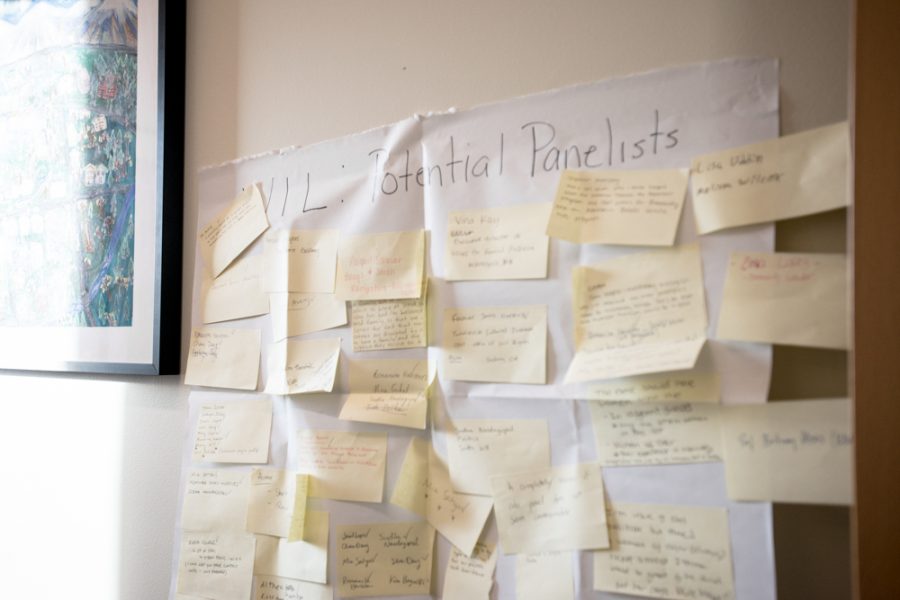
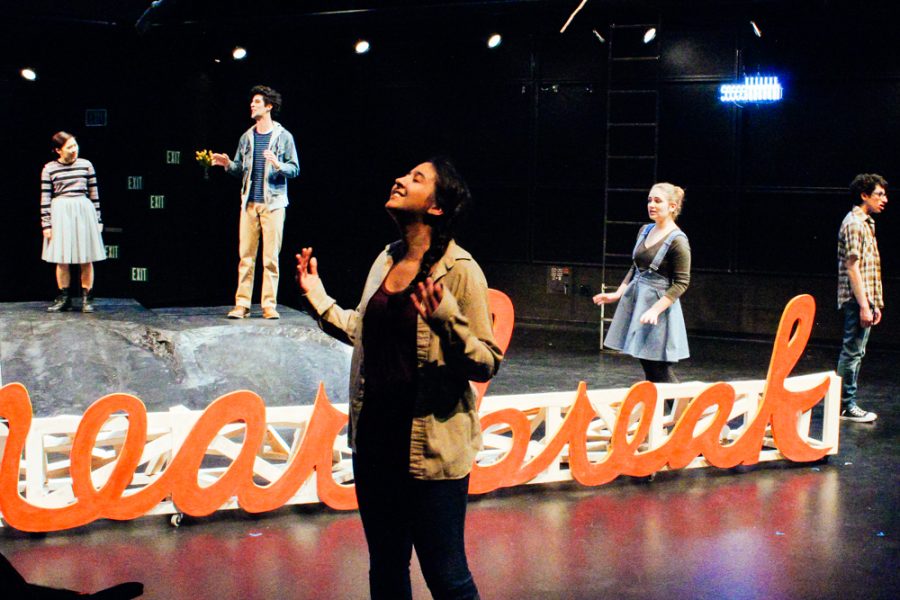
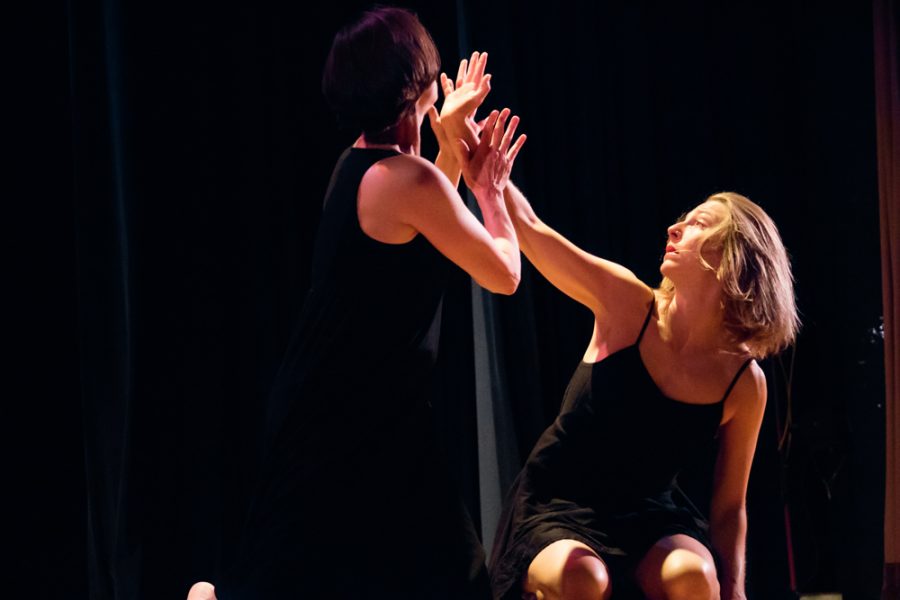
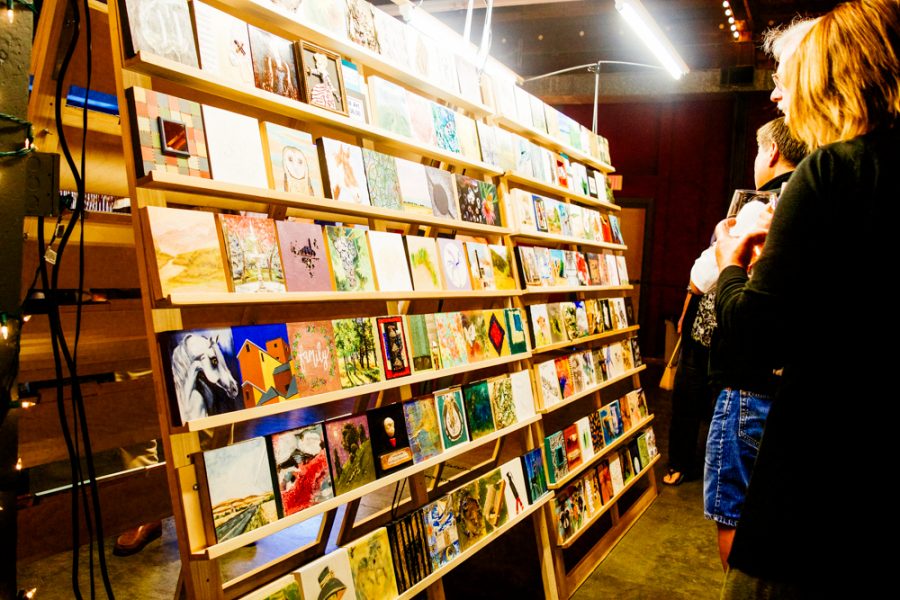

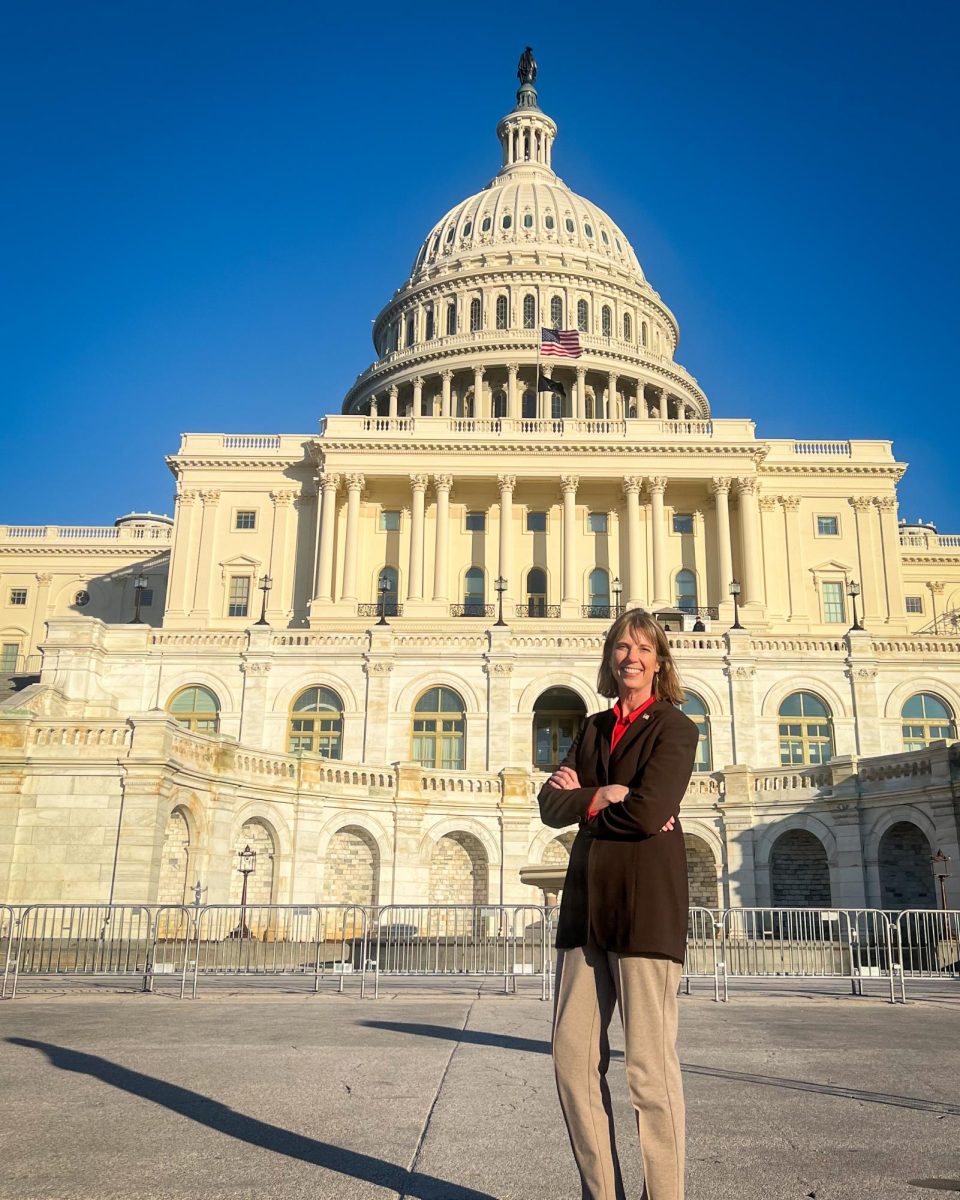

maris • Jan 23, 2014 at 5:25 am
The prison system in the United States is at best hypocritical and at worst down right cruel. We incarcerate our poor, our uneducated, our mentally ill, and our addicted … there is VERY little justice in our system …. I think it’s high time we experiment a bit and attempt more of a Danish model …. our system not only doesn’t rehabilitate … it actually creates criminals and contributes to the already overwhelming problems in our poor urban neighborhoods
Pray4Peace • Mar 7, 2013 at 10:00 pm
The societies are not the same. But, criminal justice and incarceration are failing so drastically in the U.S. there must be some ideas we could adopt.